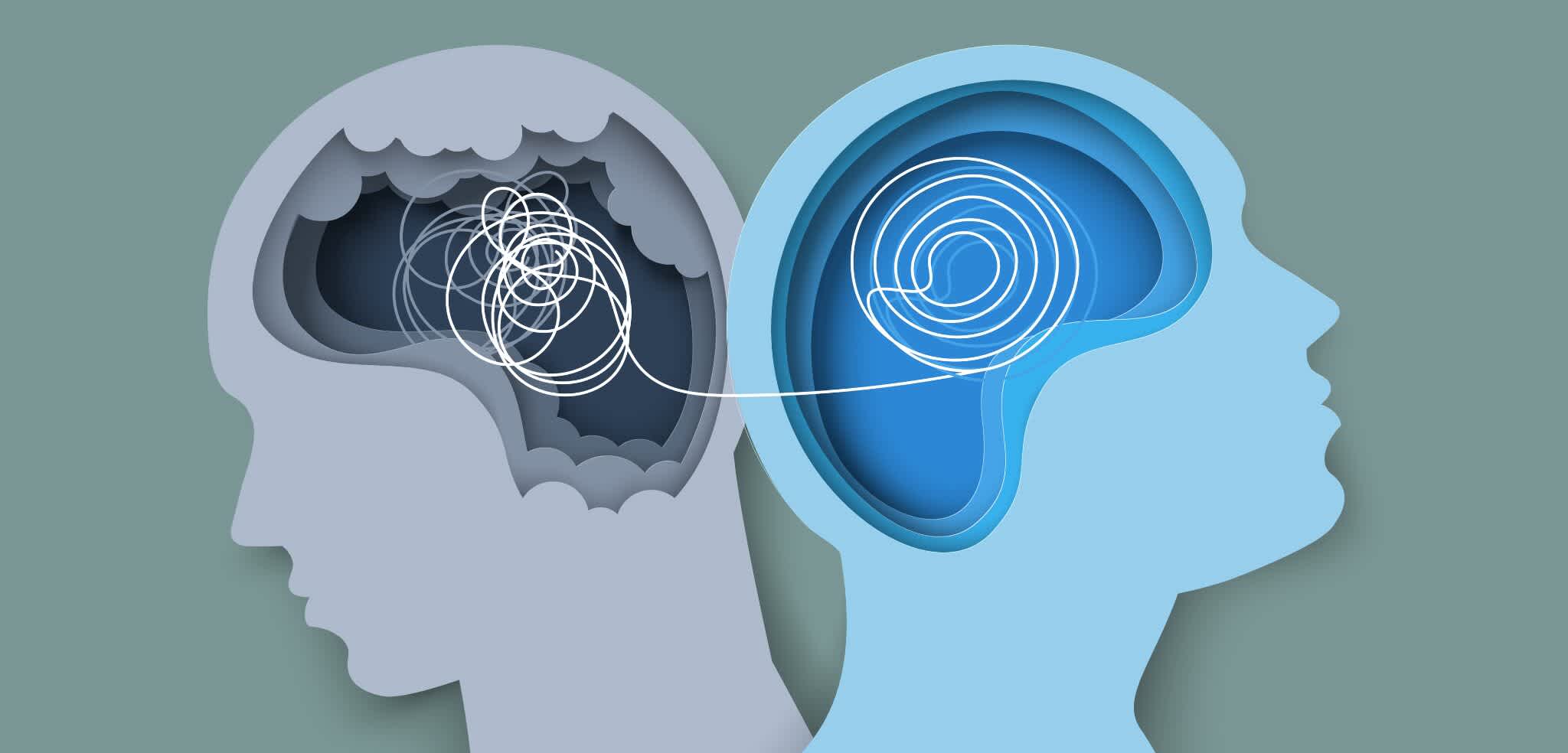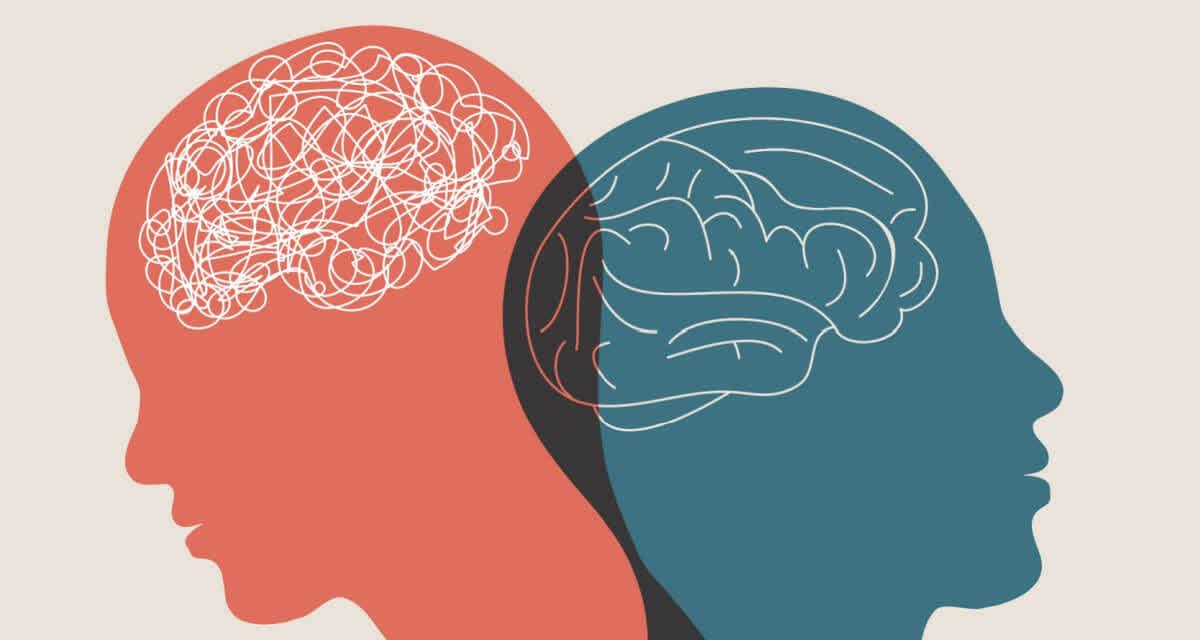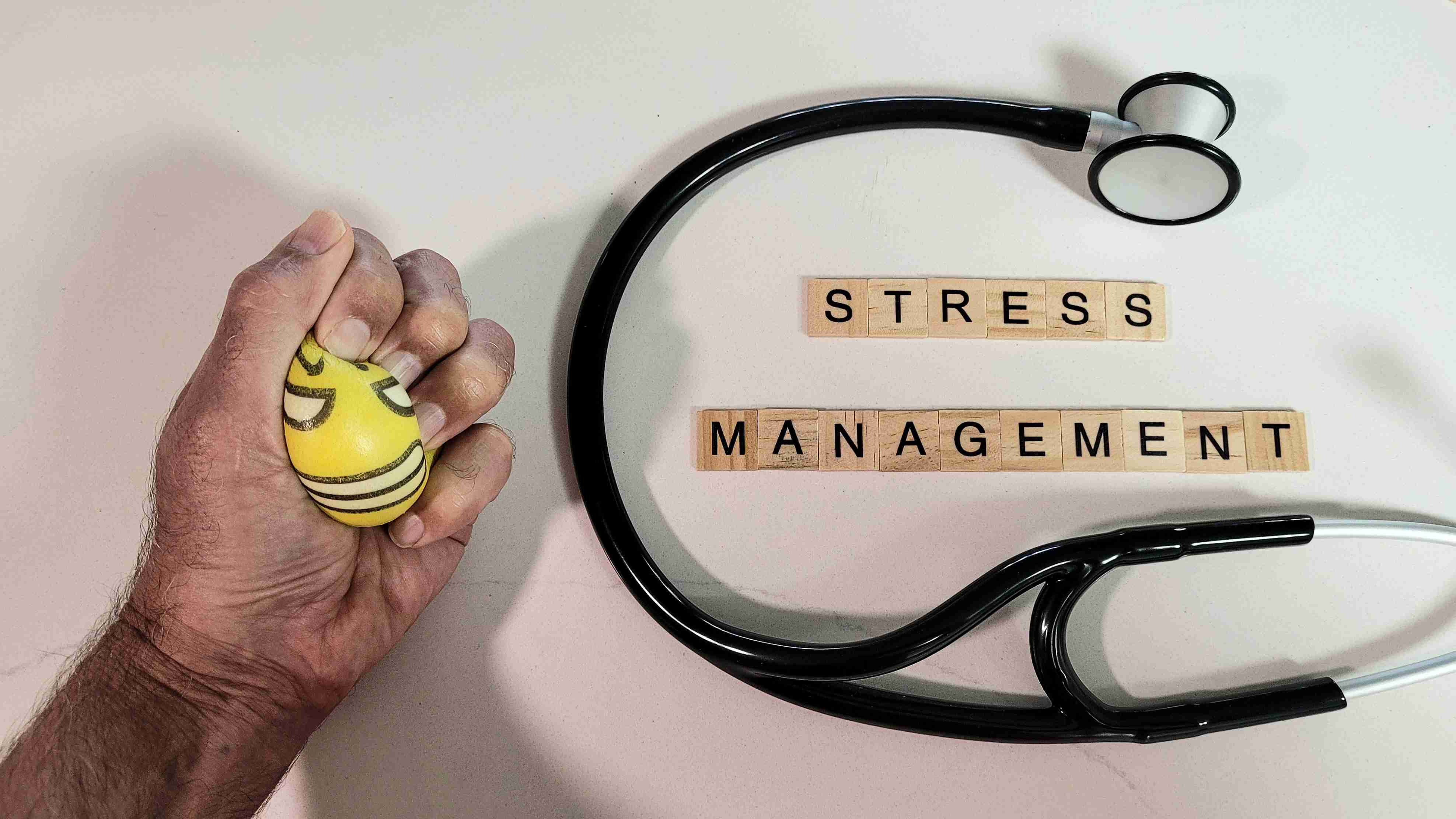
How to Manage Stress for Better Mental Health

Introduction
Are you feeling overwhelmed, anxious, or constantly on edge? You’re not alone. In today’s fast-paced world, stress affects millions, impacting work, relationships, and overall well-being.
The good news? You have the power to take control. Imagine starting each day feeling calm, focused, and ready to handle anything. This isn't just a dream—with the right stress management techniques, it's entirely possible.
In this comprehensive guide, we will explore:
What stress is and how it affects daily life
The common causes of stress
Effective stress management techniques
Tips to improve mental health
Proven stress relief strategies
FAQs about stress management
By the end, you'll have the knowledge and tools to reduce stress, enhance mental health, and lead a more balanced life.
What Is Stress and How Does It Affect Daily Life?
A. What Is Stress?
Stress is your body’s natural response to challenges or demands. It can be both positive and negative.
Type of Stress | Description | Example |
Acute Stress | Short-term, immediate reaction | Public speaking |
Chronic Stress | Long-lasting, persistent stress | Ongoing work pressure |
Eustress | Positive stress that boosts motivation | Excitement before a vacation |
B. How Stress Affects Your Daily Life
Stress impacts various aspects of life, including:
1. Physical Health
Increased heart rate and blood pressure
Weakened immune system
Digestive issues
Muscle tension and headaches
2. Mental Well-being
Anxiety and depression
Difficulty concentrating
Memory problems
Mood swings
3. Behavioral Changes
Sleep disturbances
Changes in appetite
Increased reliance on unhealthy coping mechanisms
4. Relationships
Irritability and short temper
Social withdrawal
Decreased libido
Recognizing these effects helps you take proactive steps to manage stress and improve overall well-being.
What Causes Stress?

Common Stressors in Daily Life
Stress can come from various sources, including:
Work-related pressures
Financial concerns
Relationship issues
Health problems
Major life changes
Environmental factors
Personal expectations
Work-Related Stress Factors
Stressor | Description |
Workload | Excessive tasks or unrealistic deadlines |
Job Insecurity | Fear of losing a job or lack of career growth |
Work-life Imbalance | Difficulty managing professional and personal responsibilities |
Workplace Conflicts | Disagreements with colleagues or supervisors |
Lack of Control | Limited autonomy in decision-making or job tasks |
Personal and Lifestyle Factors
Poor time management
Unhealthy diet and lack of exercise
Insufficient sleep or irregular sleep patterns
Perfectionism and unrealistic expectations
Social isolation or lack of support
Identifying these stressors allows you to take targeted steps to manage and reduce stress.
How to Manage Stress Effectively

A. Recognizing Stress Symptoms
Common signs of stress include:
Physical: Headaches, muscle tension, fatigue
Emotional: Irritability, anxiety, mood swings
Behavioral: Sleep disturbances, changes in appetite, social withdrawal
B. Identifying Your Stress Triggers
Work-related pressures
Financial concerns
Relationship conflicts
Health issues
Major life transitions
C. Adopting a Healthy Lifestyle
Habit | Impact on Stress |
Poor Sleep | Increased irritability, reduced coping ability |
Unhealthy Diet | Mood swings, energy fluctuations |
Lack of Exercise | Decreased stress resilience, lower energy levels |
Overcommitment | Time pressure, feeling overwhelmed |
D. Exercise Regularly
Physical activity helps:
Release endorphins, boosting mood
Improve sleep quality
Reduce cortisol (stress hormone)
Aim for 30 minutes of moderate exercise most days.
E. Prioritize Restful Sleep
Maintain a consistent sleep schedule
Create a relaxing bedtime routine
Limit screen time before bed
Ensure a comfortable sleep environment
Stress Management Tips

Daily Habits for Stress Reduction
Morning Mindfulness: Start the day with a 5-minute meditation or deep breathing
Regular Exercise: Engage in physical activity daily
Healthy Eating: Maintain a balanced diet rich in fruits, vegetables, and whole grains
Adequate Sleep: Get 7-9 hours of quality sleep
Stress-Relief Techniques
Technique | Description | Benefits |
Progressive Muscle Relaxation | Tense and relax muscle groups | Reduces physical tension |
Guided Imagery | Visualize calming scenes | Decreases anxiety |
Time Management | Prioritize tasks and use scheduling tools | Reduces overwhelm |
Social Connection | Reach out to friends or support groups | Provides emotional support |
Mindset Shifts for Stress Reduction
Practice Gratitude: Focus on positive aspects daily
Embrace Imperfection: Accept that not everything will go as planned
Set Realistic Goals: Break large tasks into smaller, manageable ones
Learn to Say No: Establish boundaries to avoid burnout
Mental Health Improvement

Benefits of Exercise
Exercise Type | Mental Health Benefits | Recommended Frequency |
Aerobic | Reduces anxiety and depression | 3-5 times per week |
Strength Training | Improves self-esteem | 2-3 times per week |
Yoga | Enhances mindfulness and relaxation | 2-4 times per week |
Team Sports | Promotes social connection | 1-2 times per week |
Mindfulness and Meditation
Reduces stress and anxiety
Improves emotional regulation
Enhances focus and concentration
Aids in better sleep
FAQs About Stress Management
Q1: How long does it take to see results from stress management techniques?
Technique | Immediate Relief | Long-term Benefits |
Deep Breathing | Within minutes | 1-2 weeks of regular practice |
Meditation | 10-20 minutes | 4-8 weeks of daily practice |
Exercise | 20-30 minutes post-workout | 2-4 weeks of regular exercise |
Journaling | After one session | 2-3 weeks of consistent writing |
Q2: Can stress management techniques replace professional help?
While helpful, these techniques should not replace professional therapy or medical guidance if stress significantly impacts daily life.
Q3: What foods help reduce stress?
Foods rich in magnesium, omega-3 fatty acids, and antioxidants, such as spinach, salmon, and blueberries, can help lower stress levels.
Q4: What role does exercise play in stress management?
Exercise reduces stress hormones and boosts endorphins, improving mood and energy levels.
Conclusion
Managing stress is essential for overall well-being. By understanding stressors, adopting healthy habits, and practicing stress relief techniques, you can significantly improve your mental health.
Start today—prioritize self-care, develop resilience, and experience a more balanced, fulfilling life!






